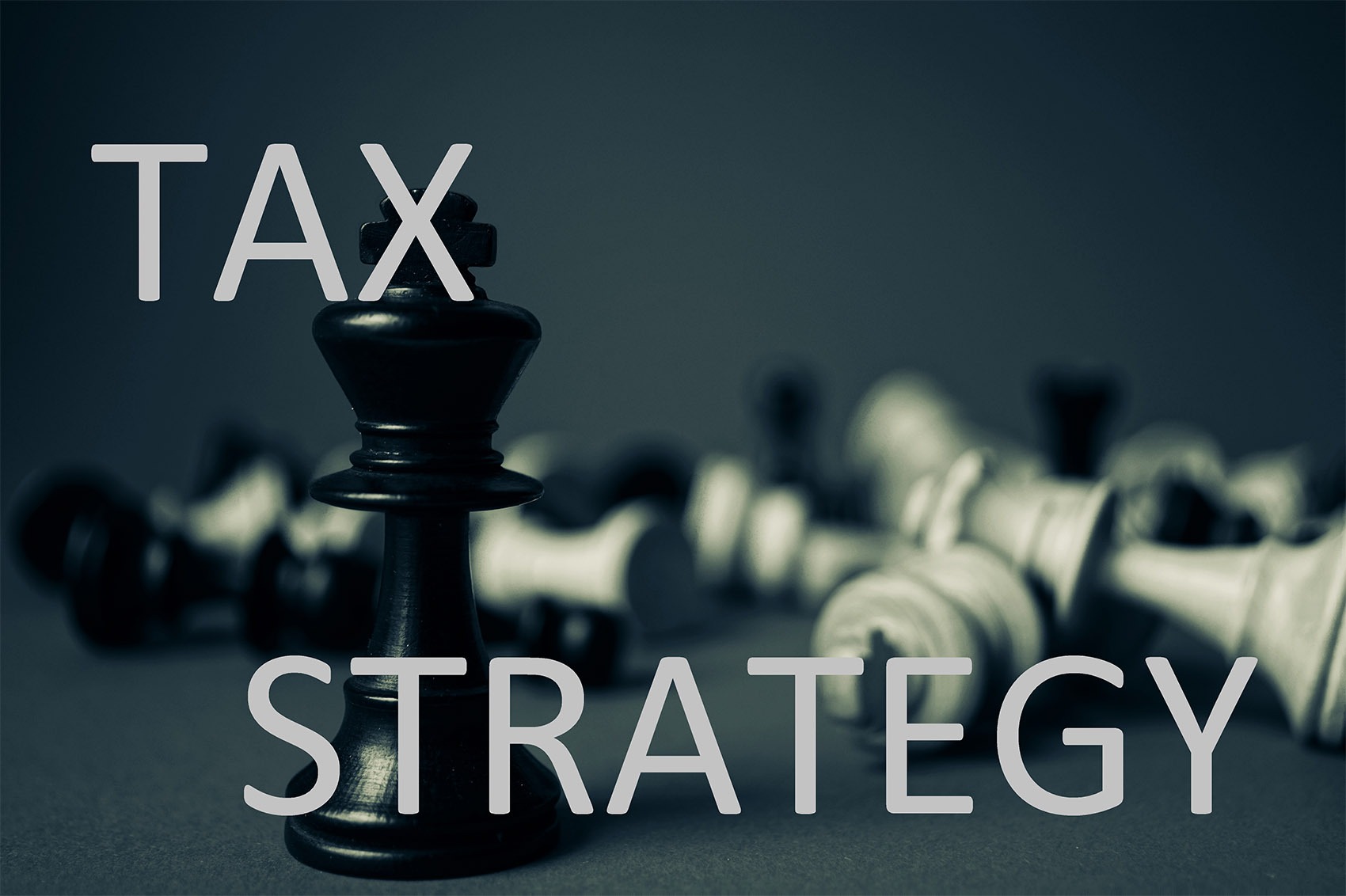If you want a good example of why you should tackle your estate sooner rather than later, remember Prince. He was the mega star who died unexpectedly last year of an accidental painkiller overdose at age 57.
Prince left an estate valued at roughly $300 million. He had no will.
Because Prince had no spouse or children, his sister and five half-siblings are squabbling over the fortune he left behind. How much is that fortune?
Regardless of the final number, his estate will easily be reduced by 50% after federal and state estate taxes and attorneys’ fees.
Whatever the final result, the recent article in investors.com, “5 Must-Do Tips For Your Will And Estate Planning,” says that you can bet it won’t be what Prince wanted.
To be certain that at your death your estate isn’t dragged through the courts and eviscerated by taxes and all of your related decisions are executed in the way that you want, remember the following steps:
Inventory. Take inventory of your assets and liabilities to calculate your net worth and what’s in your estate. This is an important tool to have not only for you and your estate planning attorney as you discuss your wishes for your estate, but also for your heirs as they manage your estate after your death.
Beneficiaries. Select your beneficiaries and decide how you want your assets to be distributed. If you have children, you might consider a trust until the time when they receive their inheritance. For example, they could receive a portion at age 18, more at age 25 and the rest when they turn 30. You should also be sure to update your beneficiaries on retirement accounts and life insurance policies.
Your plan manager. Who’s going to quarterback your plan? It is important to designate an individual to have power of attorney to handle financial matters, if you become incapacitated, and also an advance health care directive, so someone you trust can make medical decisions on your behalf. A living will details whether you want any artificial means of keeping you alive if you are permanently incapacitated.
What’s in the plan? Talk with an experienced estate planning attorney and determine what type of plan is best for your situation.
It’s important to consult with a qualified attorney and not an online resource. There are many nuances that go into drafting these documents. As a result, estate planning is not a one-size-fits-all process.
Reference: investors.com (February 24, 2017) “5 Must-Do Tips For Your Will And Estate Planning”


